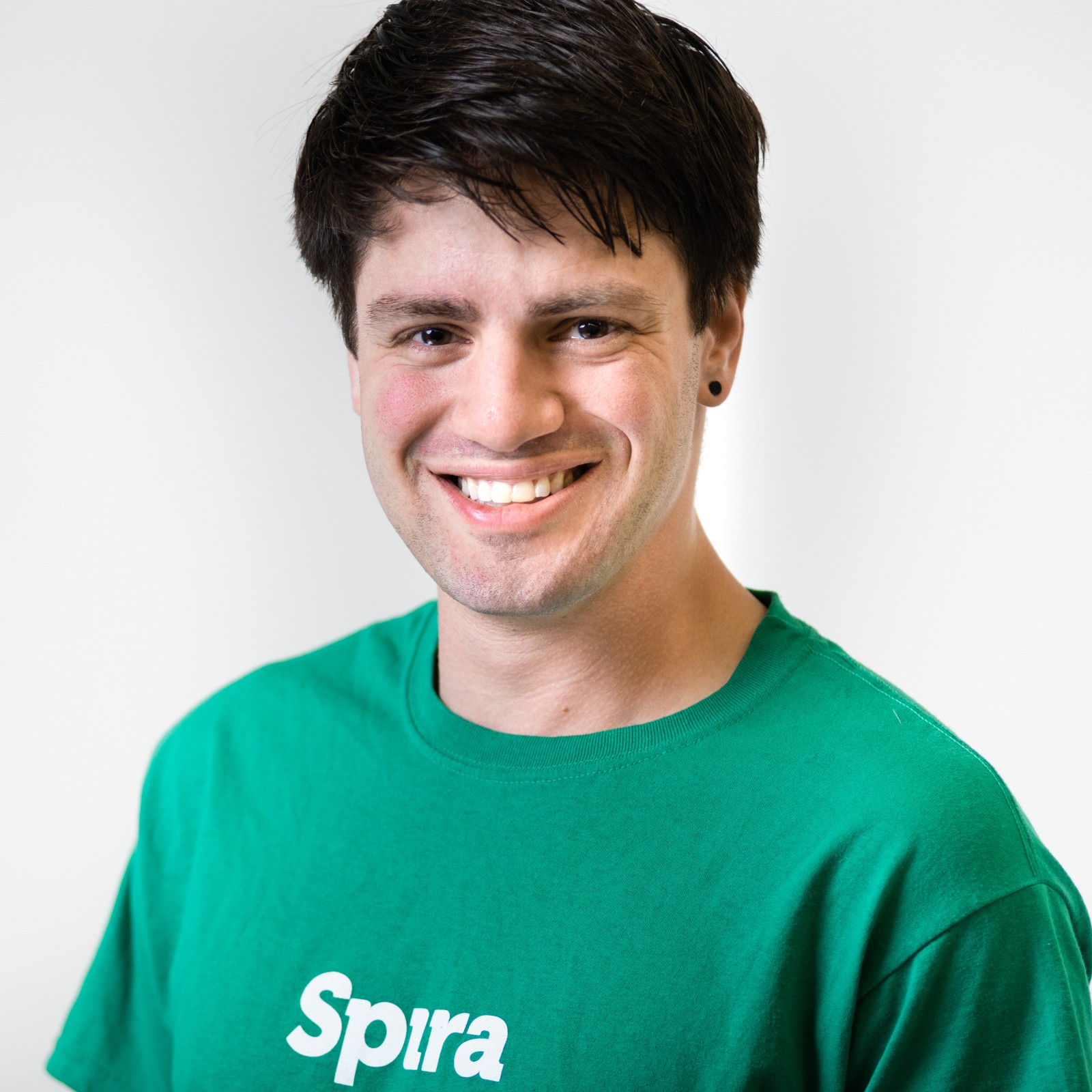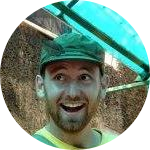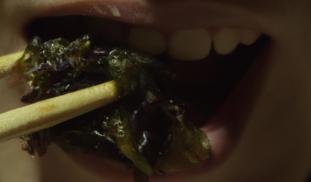Please wait...
About This Project
This study examines the effects of consuming only algae as a dietary source for a month. The subject, a healthy individual will be monitored with blood tests conducted regularly to assess any changes in nutrient levels and overall health. The results may show that consuming only algae may provide sufficient nutrients for the body with potential positive or negative health effects. This study may find that an all algae diet can be a sustainable option for a world with climate change.

Browse Other Projects on Experiment
Related Projects
CaniSense– AI-powered blood test for early cancer detection in dogs
Cancer is the leading cause of death in dogs, yet no reliable methods for early screening exist. At testblu...
Shutting down cancer’s recycling system with exosome-based therapy
Pancreatic cancer is one of the deadliest cancers because its cells survive by recycling their own components...
Developing a novel oxysterol antibiotic to combat drug-resistant tuberculosis
Drug-resistant tuberculosis (TB) is a consistently growing threat to global health. We have developed Oxy291...





